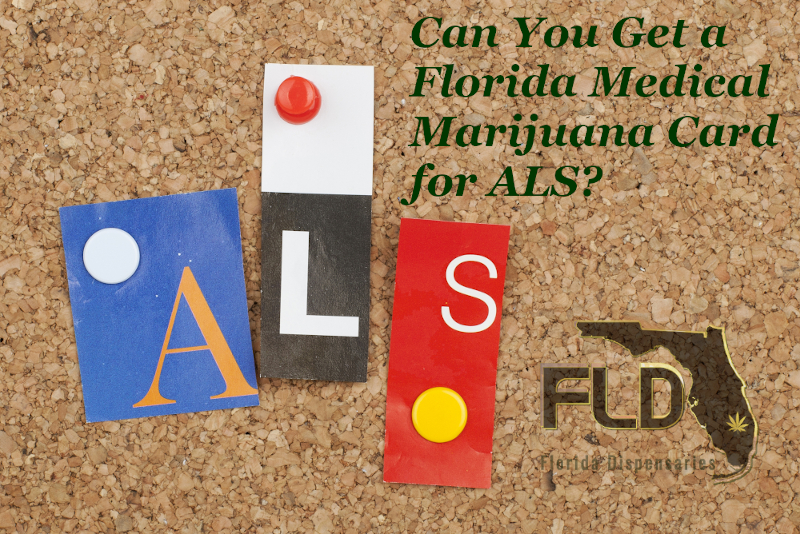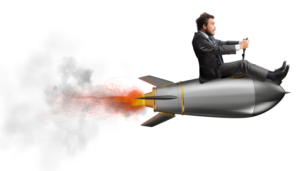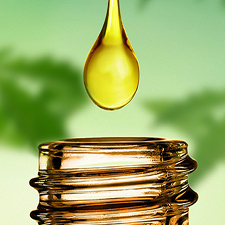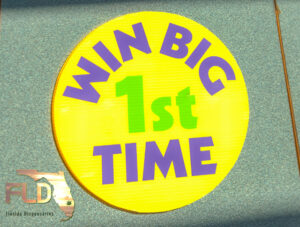

Can You Get a Florida Medical Marijuana Card for ALS?
Can ALS patients get a Florida medical marijuana card?
Do patients successfully treat ALS with marijuana?
What’s the best method of ingesting marijuana for treating ALS?
How patients can get a Florida medical marijuana card for ALS.
Here in Florida, patients can obtain a medical marijuana card for ALS giving them access to Medical Marijuana from open Florida dispensaries across the state. Florida has the oldest population in the U.S. and ALS generally strikes after age 40. As a result, Florida has a high incidence of ALS. However, many of those patients are seeing positive results in treating ALS symptoms with medical marijuana.
What is ALS?
ALS, short for amyotrophic lateral sclerosis, is also commonly known as motor neuron disease or Lou Gehrig’s Disease after the early 20th Century Baseball Hall-of-Famer who succumbed to the condition at the age of 38. In contrast, world-renowned physicist Stephen Hawking was diagnosed with ALS while still in college and was confined to a wheelchair until his death in 2018 at the age of 76.
A severely debilitating illness, ALS causes damage to brain cells and neurons in the spinal cord. This damage results in patients having trouble walking and speaking clearly. Eventually, all muscle control may be lost. If the ALS progresses to the point that a patient cannot breathe the condition can be fatal.
The cause of ALS is not known. A small percentage of ALS patients have a family history of the condition. For the most part, however, ALS afflicts patients seemingly at random.
ALS patients currently have few options for treating their condition. And oftentimes the prescription drugs used to treat the condition produce unwanted side effects.
Can medical marijuana help to relieve some of the ALS patients? The fact is, cannabis not only reduces immediate symptoms, it might even help to slow the onset and progression of ALS.
Does Medical Marijuana Help Relieve the Symptoms of ALS?
There are countless stories of ALS patients successfully treating symptoms of ALS with medical marijuana. In addition to this anecdotal evidence, scientific research indicates that compounds produced in the cannabis plant can not only reduce symptoms but also slow the progression of nerve damage and significantly increase life-span.
An observational study was undertaken that focused on patients who were already using cannabis to treat their condition. Researchers found that medical marijuana also offers multiple benefits for ALS patients. It reduces saliva, stimulates appetite, reduces pain, helps with breathing, relaxes muscles, improves sleep, and helps reduce depression.
In this 2010 study, titled, “Cannabis and amyotrophic lateral sclerosis: hypothetical and practical applications and a call for clinical trials,” data showed that compounds produced in marijuana called cannabinoids helped to slow the progression of neuron damage.
Their authors of the study concluded:
“Based on the currently available scientific data, it is reasonable to think that cannabis might significantly slow the progression of ALS, potentially extending life expectancy and substantially reducing the overall burden of the disease. There is an overwhelming amount of preclinical and clinical evidence to warrant initiating a multicenter randomized, double-blind, placebo-controlled trial of cannabis as a disease-modifying compound in ALS.”
In another study performed in 2016, researchers determined that neuron damage might be triggered by an imbalance in the human endocannabinoid system (ECS). In their report titled, “Can cannabinoids be a potential therapeutic tool in amyotrophic lateral sclerosis?” authors wrote:
“All these data show how editing CB2-mediated processes could change ALS progression and how much the endocannabinoid system is potentially involved in reducing neuroinflammation, excitotoxicity and oxidative cell damage. There is a valid rationale to propose the use of cannabinoid compounds in the pharmacological management of ALS patients.”
And, in a study performed on lab animals, researchers at the California Pacific Medical Center in San Francisco found that cannabinoid treatment slowed the progression of the disease and prolonged survival.
How to Use Medical Marijuana to Treat Symptoms of ALS
As with most natural remedies, cannabis medicines are available in a number of formulas and delivery methods. And each patient responds differently to different strains and formulas. As a result, some experimentation might be required by the patient to find the ideal cannabis products.
Today, cannabis is produced in a wide variety of strains. Each strain produces a particular formula of active compounds. As a result, different strains will produce different effects.
Some of the Cannabis Strains Often Used to Treat ALS Include
- Blue Wreck
- Arctic Blue
- Super Sour OG
- Blue Dream
- Green Crack
- Sour Diesel
- God’s Gift
- Purple Kush
- Girl Scout Cookies
- Chocolope
- Lemon Haze
- Granddaddy Purple
Florida Strain Library
Not all Florida medical marijuana dispensaries carry these strains. Patients should speak with a qualified and experienced budtender to determine which strains on the menu might be best for their symptoms.
Best Marijuana Products for Treating ALS
There are also numerous methods for delivering medical marijuana into your system. For ALS patients, depending on their level of mobility, some delivery methods are better than others.
For example, some patients might not have the physical ability to smoke or vaporize marijuana or they might have respiratory issues that make smoking a bad idea. Some patients might have trouble chewing or digesting. This would rule out edible cannabis products.
Tinctures and concentrates, such as Oral Concentrate Syringes, are a common delivery method for ALS patients with severe loss of motor skills. Tinctures are used sublingually (under the tongue). The cannabinoids are absorbed into the lining of the mouth. Convenient pre-filled cannabis concentrate syringes and cannabinoid powders are also options and can be added to foods or beverages as can tinctures and oils.
Some of the Side Effects of Medical Marijuana
Marijuana has proven over the years to be one of the safest treatments for ALS. Cannabis is non-addictive and non-toxic. There are also strains of marijuana that are very low in THC and therefore non-intoxicating when used in moderation.
However, marijuana can have some minor unwanted side effects for ALS patients. Most notably, smoking marijuana can cause chronic bronchitis or raise blood pressure in some patients.
Drowsiness and lethargy are also potential side effects of marijuana. Some ALS patients might already suffer from extreme fatigue. In these cases, large doses of CBD are not recommended.
Other common unwanted effects might include giddiness, forgetfulness, dry mouth, and insomnia, as well as changes in appetite and sleep cycles. Furthermore, excess consumption of THC can produce feelings of anxiety and paranoia.
Cannabis products made from CBD-rich hemp flower are extremely low in THC. Hemp-derived CBD oil might be effective at reducing symptoms in some ALS patients. Patients and caregivers can easily buy CBD oil online here.
That being said, although the THC found in marijuana is intoxicating in sufficient quantities, it has been shown to be a neuroprotectant. As such it might help slow the progression of the disease in some ALS patients.
How to get a medical card for ALS in Florida
The first step in getting a medical marijuana card for ALS is to find a participating medical marijuana doctor. The patient will need to make an appointment for an in-person examination. If the patient is already certified, the staff at the medical marijuana clinic can use medcard telemedicine for renewals only in order to expedite their medical marijuana card.
To get started, complete the patient registration form below and a clinic representative will contact you to get started. Legal Residents Only.

MMJ Patient Registration Form


Sources and Additional Reading
- ALS Association Florida Chapter
- Cannabis and amyotrophic lateral sclerosis: hypothetical and practical applications, and a call for clinical trials
- ALS Patients Could Benefit from Cannabis Compounds, Study Suggests
- How Does Medical Marijuana Help With and Treat Amyotrophic Lateral Sclerosis (ALS)
- Can cannabinoids be a potential therapeutic tool in amyotrophic lateral sclerosis?
- Neurological Aspects of Medical Use of Cannabidiol
- Results of Florida’s Amyotrophic Lateral Sclerosis Surveillance Project, 2009–2011
- CBD Neuroprotective Properties
- Victory for Cathy Jordan, ‘patron saint’ of Florida medical marijuana







